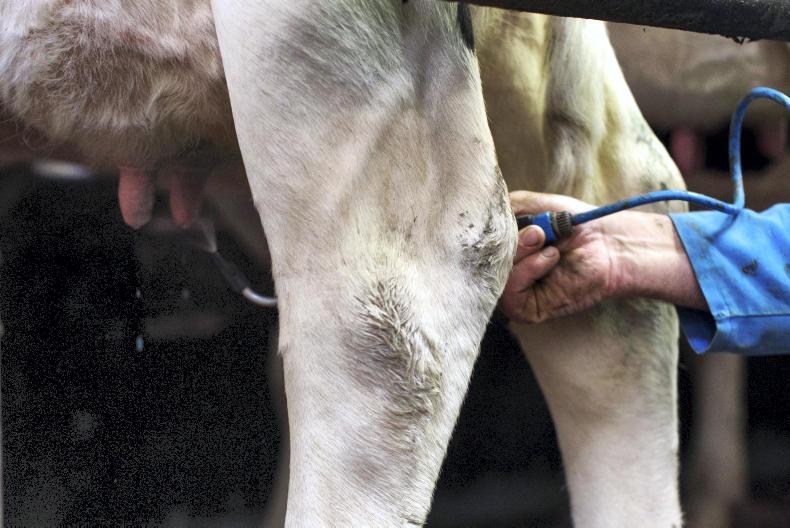It is now a year since the Ulster Farmers’ Union (UFU) and industry trade body, Dairy UK, announced that they were working together on a new initiative aimed at managing margins along the supply chain, and ultimately helping to deliver better returns for dairy farmers.
At the time, with milk price under severe pressure, there was a clear incentive to do something positive. However, with local milk prices up by more than 50% in the last six months, there perhaps is less momentum now to get around a table and discuss possible solutions to price volatility.
It must be recognised that volatile prices will return again in the future, and the next time around, when price hits the floor, the industry might not have access to a European Commission ready to fund emergency-type measures. Intervention buying in 2015/16 might not have been priced at a level that the industry wanted, but in the depth of the crisis it was an important customer for milk.
At that time, the British government was openly objecting to intervention buying, and instead telling everyone about work being done internally on the potential of a dairy futures market. That also seems to have gone quiet, and been overtaken by Brexit.
Instead, the focus now is on some type of insurance scheme. But with a government that believes in the free market, the industry cannot rely on ministers stepping in when times are hard – the solution must come from within.
Yet, through all of this, perhaps the dairy industry has already found the answer to volatile prices, via fixed price milk schemes. Despite relatively low uptake so far in NI, it is something that producers and processors must remain open to. In particular, producers must be realistic about the price that they will receive, while processors must acknowledge that they cannot expect farmers to lock in for a long period (given that the concept here is still relatively new), or at a price below cost of production.






 This is a subscriber-only article
This is a subscriber-only article










SHARING OPTIONS: